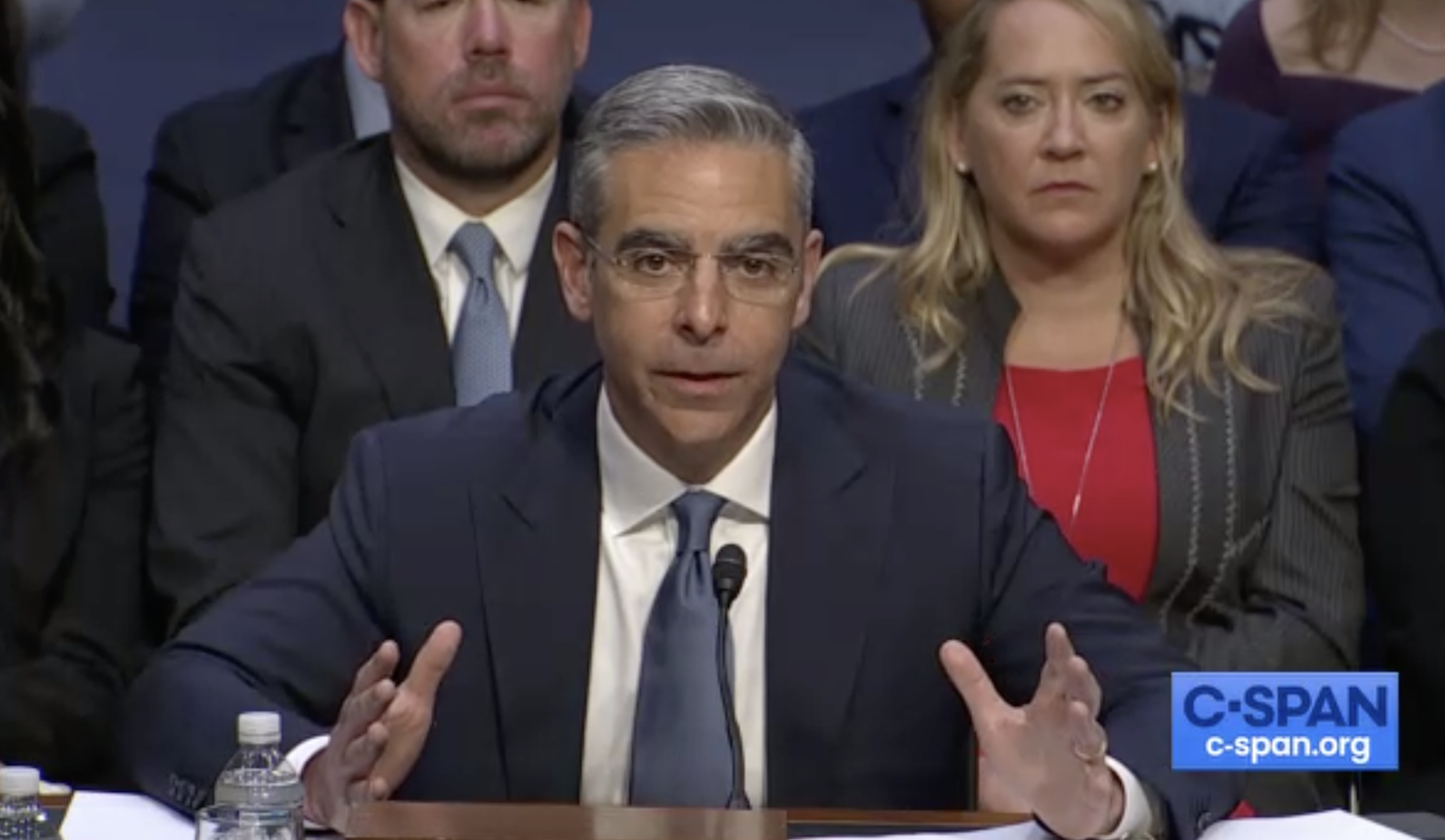Bitcoin Posts Biggest Weekly Loss in Five Months as Dollar Liquidity Declines, Debt Ceiling Fears Return
Bitcoin (BTC) faced selling pressure in the week ended April 23 as bond yields rose and the U.S. dollar liquidity declined.
The leading cryptocurrency by market value fell by 9% to $27,600, registering its largest single-week percentage loss since early November, according to data from TradingView and CoinDesk. The yield on the 10-year U.S. Treasury note rose by six basis points (bps) to 3.58%, its second straight weekly gain, denting the appeal of risk assets, including cryptocurrencies.
The USD Liquidity Conditions Index, an indicator tracking the greenback’s supply in the monetary system, slipped to $6.13 trillion, reaching the lowest in over a month, according to data source TradingView. Besides, traders priced in a higher probability of the Federal Reserve (Fed) continuing its tightening cycle with a 25 basis point rate hike in May.
Since 2021, bitcoin and the wider crypto market have closely tracked local peaks and troughs in the dollar liquidity index. Bitcoin rose to its the-then high of $28,000 in the first half of March as the Federal Reserve (Fed) opened liquidity taps to contain the banking crisis, pushing the dollar liquidity index higher from $5.82 trillion to $6.35 trillion.
“In the absence of encouraging signs on the monetary liquidity front, BTC continued to drift down over the week after its sharp drop on Monday, dragging other large-cap crypto assets with it,” Noelle Acheson, the author of popular Crypto Is Macro Now newsletter wrote in the weekend edition of the newsletter.
“BTC – while being an ‘insurance’ asset that should outperform when other asset groups are suffering – is still heavily impacted by the overall macro mood, which will largely be driven by monetary liquidity expectations,” Acheson added.
According to Dessislava Laneva, macro analyst at Paris-based crypto data provider Kaiko, bitcoin and financial markets, in general, may see increased price turbulence in the near term, thanks to the U.S. debt ceiling issue.
The U.S. government reached its statutory debt limit – the self-imposed cap on borrowing – of $31.4 trillion in January, forcing the Treasury to implement extraordinary measures to help the government meet its obligations for at least five months. These measures also boosted the dollar liquidity and kept risk assets bid.
Since then, the debt ceiling negotiations have been in a deadlock. Last week, one-year credit default swaps, which measure the cost of insuring against government default in the next 12 months, rose to a record high, according to Wall Street Journal.
The current pricing in the CDS market shows a 2% probability of a default. That’s uncomfortably high for something that could be a financial calamity, Andy Sparks, the head of portfolio-management research at New York-based MSCI told WSJ.
Observers are worried the Treasury may run out of money in June.
“The debt ceiling drama is a source of short-term volatility and adds uncertainty to the market,” Laneva told CoinDesk.
Bitcoin is still seen as a risk asset and may face selling pressure if equities throw a fit at some point. Risk assets took a beating during the 2011 debt ceiling drama when a deadlock in Washington led to the country losing its top-notch triple-A sovereign credit rating.
“Once a deal is reached, expected in the second half of the year, the Treasury will need to refill its reserves, thereby reducing liquidity and exacerbating the impact of quantitative tightening [sister of rate hikes]….this situation may prompt the Fed to cut rates, which would ultimately benefit risk assets,” Laneva said.
According to Tom Dunleavy, macro analyst at Messari, a potential default might see bitcoin pick up a haven bid like it did during the recent banking crisis in March.
“I find it unlikely that the U.S. goes into default. I think the debt ceiling issue will be resolved before it comes to that,” Dunleavy said. “If the U.S. does default or we get close to the deadline without a deal it should be immensely positive for BTC. We’ve seen the store of value story for BTC become more solidified with the recent bank failures. BTC’s correlation to gold is also near all-time highs,” Dunleavy added.
Edited by Parikshit Mishra.
DISCLOSURE
Please note that our
privacy policy,
terms of use,
cookies,
and
do not sell my personal information
has been updated
.
The leader in news and information on cryptocurrency, digital assets and the future of money, CoinDesk is a media outlet that strives for the highest journalistic standards and abides by a
strict set of editorial policies.
CoinDesk is an independent operating subsidiary of
Digital Currency Group,
which invests in
cryptocurrencies
and blockchain
startups.
As part of their compensation, certain CoinDesk employees, including editorial employees, may receive exposure to DCG equity in the form of
stock appreciation rights,
which vest over a multi-year period. CoinDesk journalists are not allowed to purchase stock outright in DCG
.
:format(jpg)/s3.amazonaws.com/arc-authors/coindesk/31d39a34-26a1-4e78-a5da-d5cf54a9d695.png)
Omkar Godbole is a Co-Managing Editor on CoinDesk’s Markets team.
Learn more about Consensus 2023, CoinDesk’s longest-running and most influential event that brings together all sides of crypto, blockchain and Web3. Head to consensus.coindesk.com to register and buy your pass now.
:format(jpg)/s3.amazonaws.com/arc-authors/coindesk/31d39a34-26a1-4e78-a5da-d5cf54a9d695.png)
Omkar Godbole is a Co-Managing Editor on CoinDesk’s Markets team.









